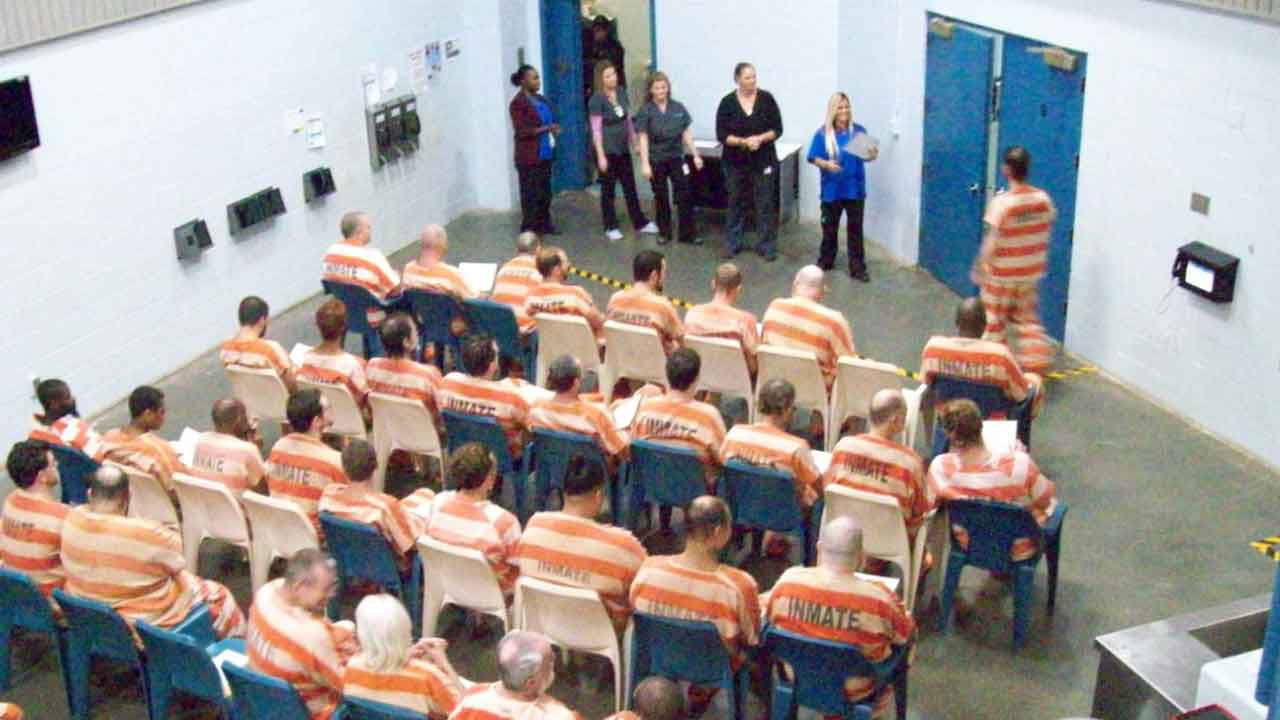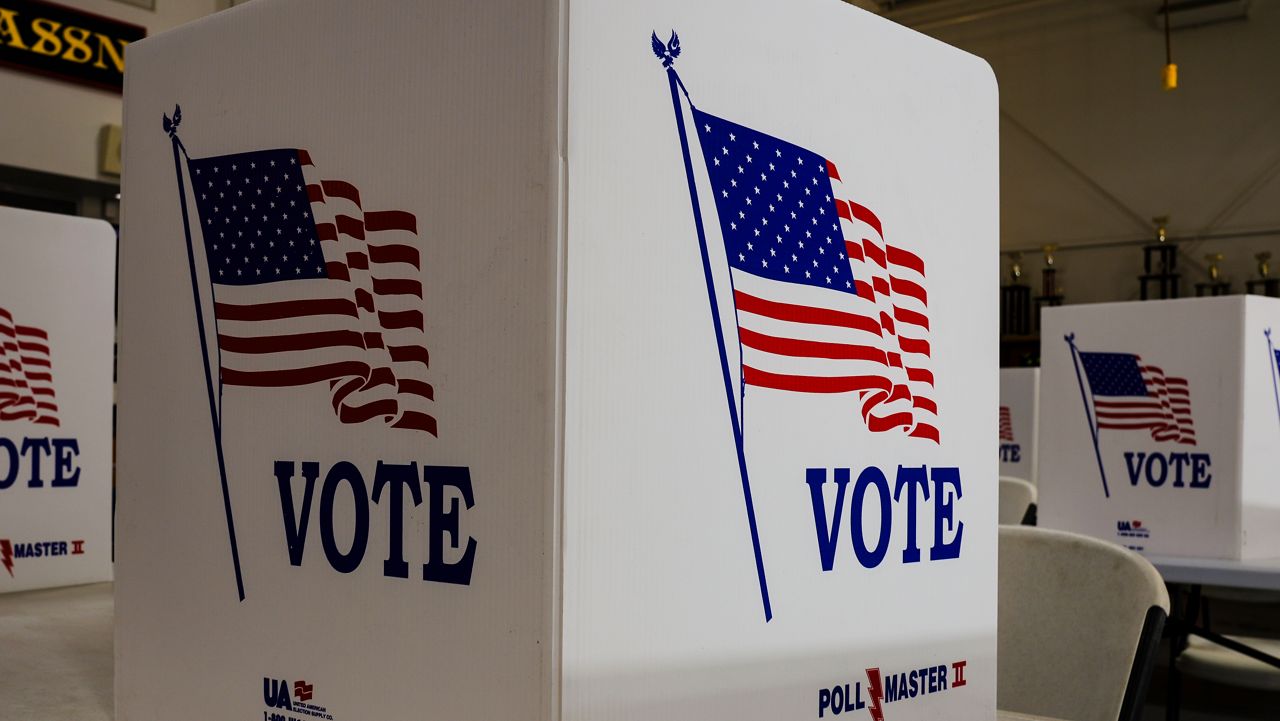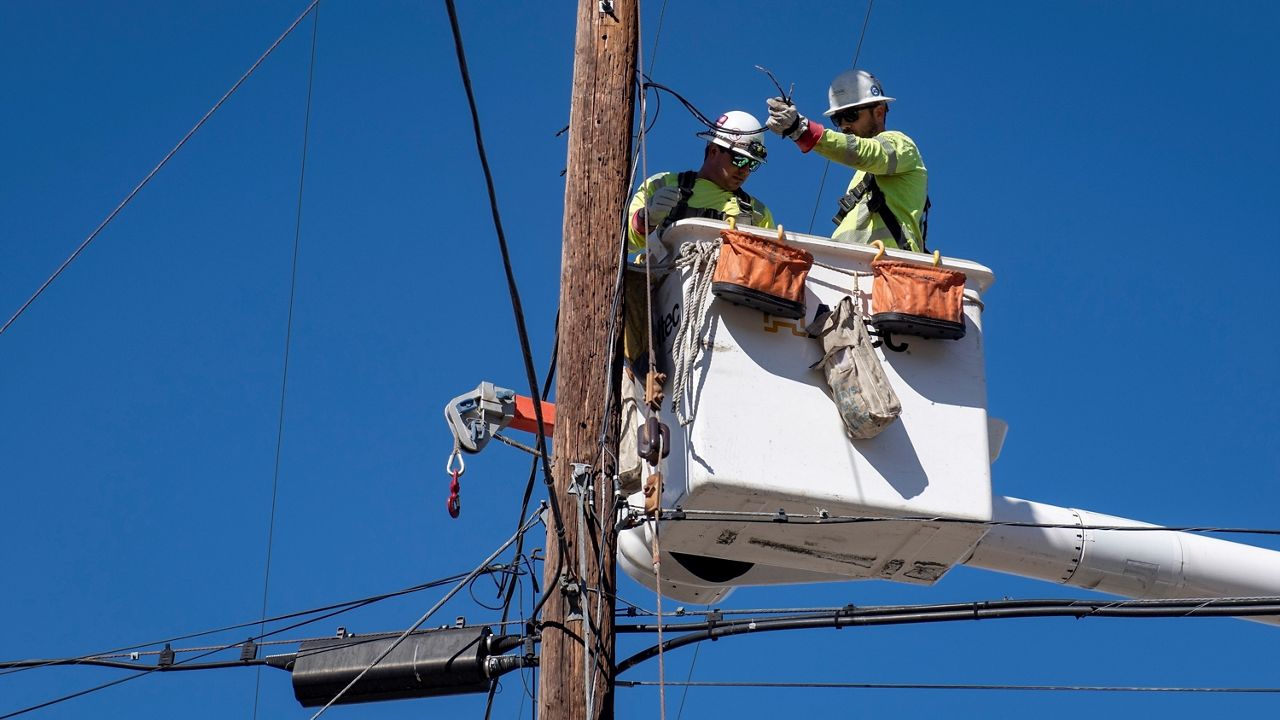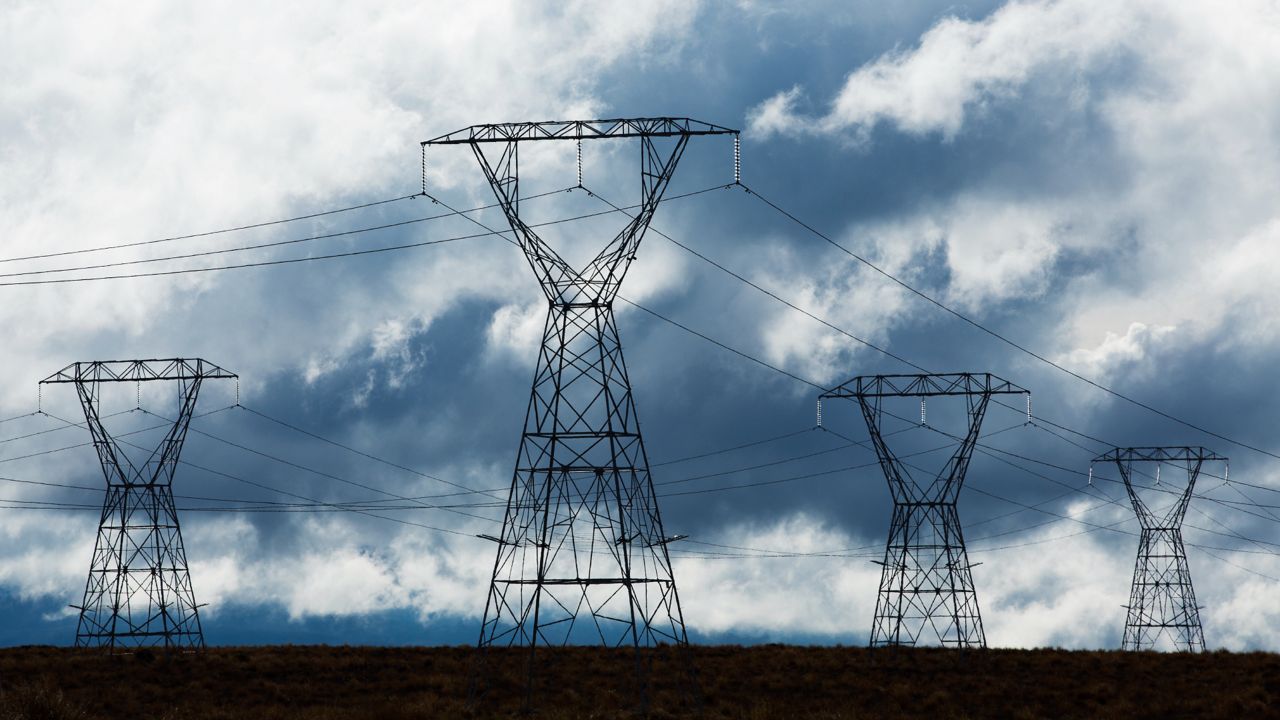LAND O' LAKES, Fla. — For more than a year, voluntary mental health and substance abuse housing units at the Pasco County Detention Center have offered inmates help in their struggles with those issues.
Mental Health Director Stefanie Beetz said the program has become so popular there's a wait list to join.
- Voluntary mental health, substance abuse housing established more than a year ago
- Goal: Help inmates with common issues, reduce recidivism
- Inmates apply for program, which currently has waiting list
- More Pasco County stories
"They're excited to be there, they're excited to participate, they're excited to start their life over, and they're excited to learn," said Beetz.
The first unit -- for high-level offenders -- was established more than a year ago. It currently has 42 residents.
A second unit formed in July for those accused of misdemeanors has 50 participants.
According to numbers released by the Pasco Sheriff's Office earlier this year, deputies responded to more than 19,000 mental health-related calls in 2018 out of a total 174,772 calls for service. Beetz said those issues can be intertwined with substance abuse.
"Sometimes, they're only here for an acute time period, so you have to learn their entire history in the first 24-48 hours so you can make sure you're efficiently treating them. That's one of the reasons we started these programs," Beetz said.
Voluntary component is key
Beetz said when people arrive at the jail, they'll be asked about their histories with mental health and substance abuse and if they'd like to join one of the special housing pods. They have to apply for the program and wait for a spot to open up.
"I tried to get in here for quite a while, but she didn't have no room for me until maybe a month or so ago," said Samuel Lively, 56, who arrived at the detention center six months ago. "I'm learning a lot from this. I used to smoke dope, drink beer, snort coke, do pills, and now, I don't want to do none of that."
According to Beetz, that voluntary component is key.
"It's huge because you can mandate stuff all day long, but if they're not going to participate, you're not going to be able to tell them anything, especially with the substance abuse population," said Beetz.
Beetz said members of the housing units take part in group meetings to discuss anything from the importance of appropriate communication to domestic violence issues.
"That way, when they go back into society at some point, they have a good understanding, a good educational basis and they know kind of how to handle their symptomology as it comes," she said.
"We all work together as a team. We do things together. We work on anger management and coping skills," said Lively.
Program leaves participants with a plan
When participants leave the jail, Beetz said it's important to send them off with a plan. They get a discharge packet, and the staff discusses next steps with them.
"Unfortunately, since Pasco County is a little more rural, we don't have as many resources or as much money as a Pinellas or a Hillsborough," said Beetz. "So, we talk well in advance. 'Where are you going? How are you going to get there? Do you want to be in a program?' If they're on medications, we set them up prior to them leaving."
Beetz said only two of the original program's participants who were released from the detention center have returned.
"The best thing about it is you'll have inmates send you letters, so I get letters every other month. 'Hey - I'm here, I'm doing great. Just want you to know I started a missionary program', or 'I'm director of outreach at a homeless shelter,'" Beetz said.
Lively said his goal is to continue his work to become one of those success stories.
"I lost everything I owned in this world -- my wife, my kid. I mean everything. I don't know if I'll ever get them back or not, but if I get back out there, I don't want to come back in here," he said.
Beetz said her next goal is to expand the program to female inmates in the coming year.








